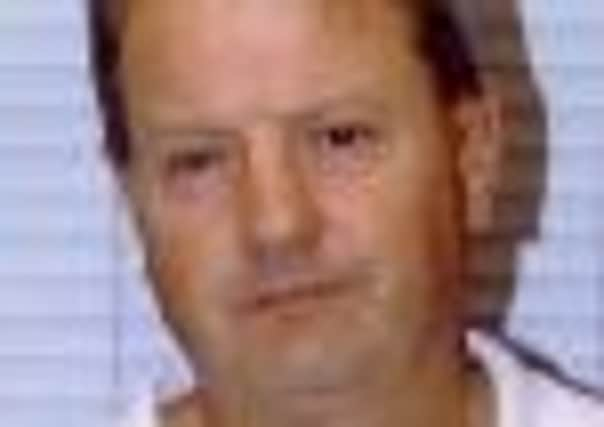Leveson Inquiry: Newspaper ‘paid former special forces soldiers to track police’


Dave Harrison, a retired officer with the Serious Organised Crime Agency (Soca), said the newspaper had jeopardised the police investigation.
He told the inquiry: “If our surveillance had been weakened by having avoid other surveillance teams looking for us, if we had lost the subject, he may have gone and committed further murders because we were dealing with something else.”
Advertisement
Hide AdAdvertisement
Hide AdIn December 2006, Suffolk Police asked Soca to provide surveillance officers to follow suspects in the then-unsolved murders of five women working as prostitutes in Ipswich.
Mr Harrison said he and his colleagues had been told at a briefing that the News of the World had employed its own surveillance team to identify who they were, where they were based and who the suspects were.
Asked how the paper learned that Soca officers were being sent to Ipswich, he said: “My opinion is it would have come from someone close to the investigation team, either the Suffolk inquiry or Soca.”
Mr Harrison said on at least two occasions, a vehicle parked on a roundabout on the outskirts of the town attempted to follow the Soca surveillance team.
“We identified them because they were sat in the position that we would sit in if we were doing the same job,” he said. “We were told that they were probably ex-special forces soldiers who would have a good knowledge of surveillance techniques.”
The former Soca investigator criticised the actions of the News of the World, which was closed last July after the revelation that it hacked murdered schoolgirl Milly Dowler’s phone.
He said: “Murder suspects before they are arrested, before they realise they are being investigated, may return to the scene of the crime.
“They may try to dispose of evidence, they may try to move bodies, they may even try to commit further offences. If they thought they were being followed, they might very well stop what they were doing or not do what they had planned to do.
Advertisement
Hide AdAdvertisement
Hide Ad“If a surveillance team cannot see the sort of evidence we were after, if that’s not possible, then that weakens the prosecution case in the future.”
Daily Express crime correspondent John Twomey, who is chairman of the Crime Reporters’ Association, described the News of the World’s actions as “shocking”. He told the inquiry: “It’s unbelievable that a newspaper should go to those lengths.”
Mr Twomey denied a suggestion journalists had paid for meals in top restaurants with senior police officers as an “inducement”. He said former Metropolitan Police counter-terrorism chief Andy Hayman had been “freer in the way he expressed himself” after having a glass or two of wine over lunch, but never gave away any secrets.
The inquiry also heard the Sunday Mirror used counter-surveillance tactics while driving a suspect in the Ipswich murders to a hotel for an interview.
Steve Wright was handed a whole-life sentence in 2008 for killing all five women.
The inquiry continues.